Like many first time safari-goers, you might have some questions about what the difference is between game reserves, national parks and concessions. We’re here to offer some clarity on how these designated areas differ, and what this means for your Kruger National Park experience.
National parks vs game reserves
The difference between these is quite straightforward. A national park is government-owned and managed and a private game reserve is just that, privately owned and managed. Both national and private reserves still adhere to the same principles, rules and regulations of conservation and wildlife protection.
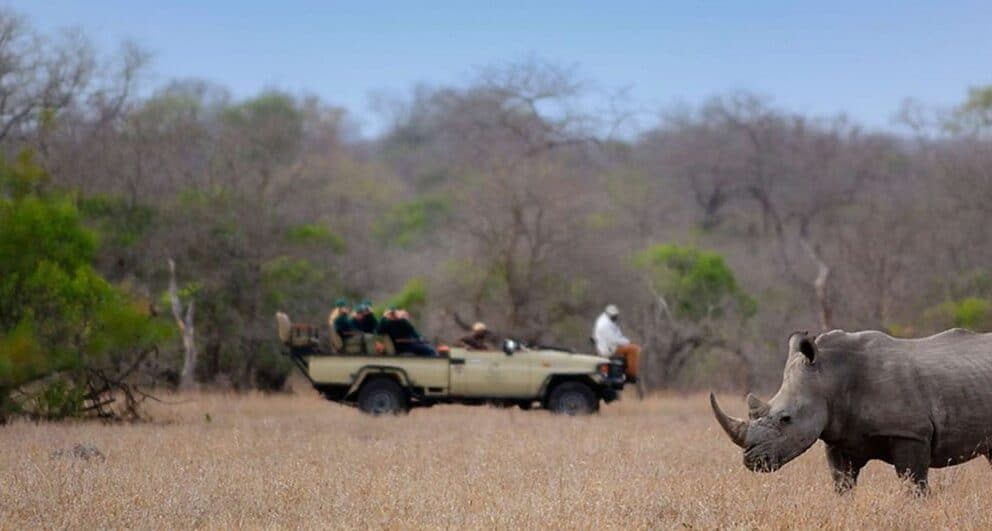
Tintswalo Safari Lodge in the private Manyeleti Private Reserve
A concession is a designated private area either within a national park or just outside it.
The Kruger National Park is the largest national park in South Africa and includes concessions both adjacent to or within the Kruger National Park itself. These concessions are made up of various privately-owned game reserves and land ‘loaned’ from the government for private use.
While some concessions are fenced off from the rest of the national park, some have no borders or boundaries to allow animals freedom of movement through the area which allows for genetic diversity of the species.
So what does that mean for my safari experience?
National parks and private concessions or reserves differ in many regards. While the geography, flora and fauna species are the same in any particular region, the following experiences differ greatly between concessions and national parks:
Crowd control
Private game reserves have strict limitations on the amount of tourists allowed into the reserve. The reason for this is twofold; to preserve the integrity of the ecosystem by reducing human traffic and to ensure a less crowded, more authentic safari experience.
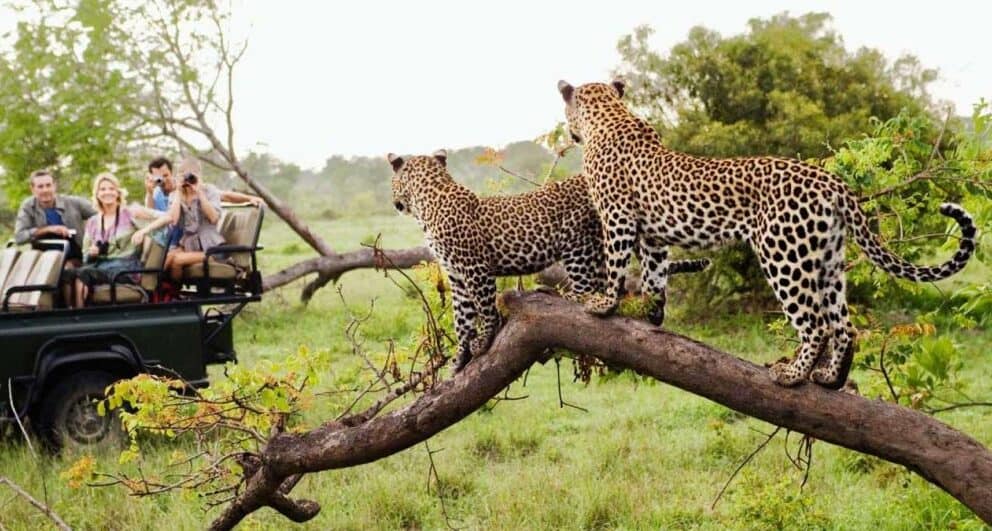
In a private reserve or concession, you won’t need to compete with other vehicles for a prime wildlife sighting. Off-road driving is not possible in the national park
National parks have a greater influx of vehicles and visitors, which can hinder wildlife viewing. Moreover, off-road game viewing is not permitted in national parks which may limit access to great wildlife viewing. One is only permitted entry into a private reserve if they are staying at a luxury lodge in Kruger National Park.
Activities
National parks have designated opening and closing times, which means that vehicles need to conduct their game viewing during the day time. Private reserves have no such limitations, so you can expect night game drives which bring their own unique surprises for guests.
![]()
A guided bush walk like this one in the private Pafuri concession to the north of the Kruger is only possible within a private reserve. Image by Anton Crone
Not confined to strict rules, you can expect a wider variety of safari experiences on a private reserve, such as walking safaris.
Luxury accommodation
While accommodation for visitors in most national parks are pristine and well-maintained, if you want to experience true luxury then a private reserve is where you are most likely to find this.
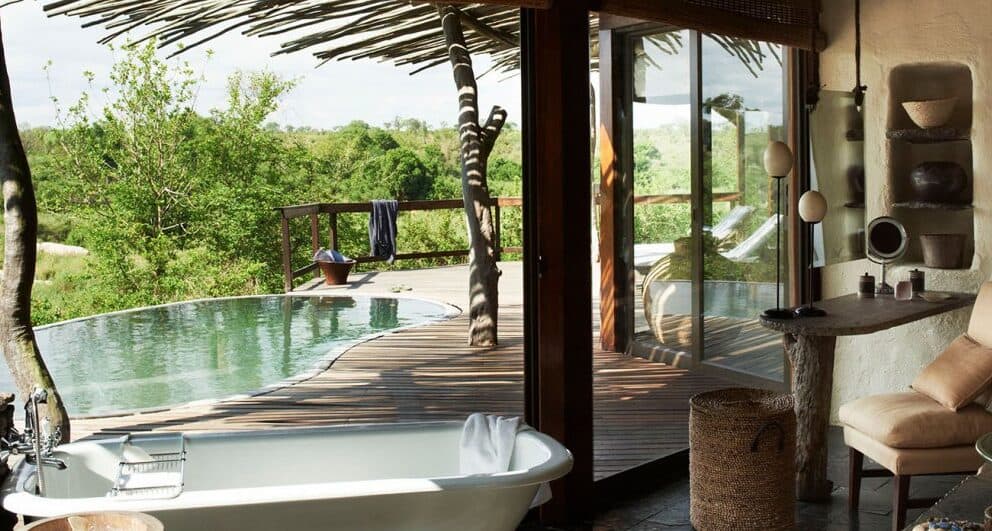
Singita Boulder’s Lodge in the Sabi Sands Game Reserve is the epitome of style and luxury, something you won’t find in the national park
National park accommodation is geared towards self-drive, budget safaris rather than any elite experiences.
So how do I decide?
Both national parks and game reserves are important areas of conservation in any country. While the differences between them are minimal, the choice boils down to your safari expectations.
If you are looking for an intimate and exclusive safari, then book a trip that includes a foray into a private concession. If you’re not fussy and don’t mind sharing your safari experience with plenty of people, then a national park stay is ideal.
Or perhaps the best of both worlds is more up your alley. You can combine different experiences into one South Africa safari package if this suits your budget better.









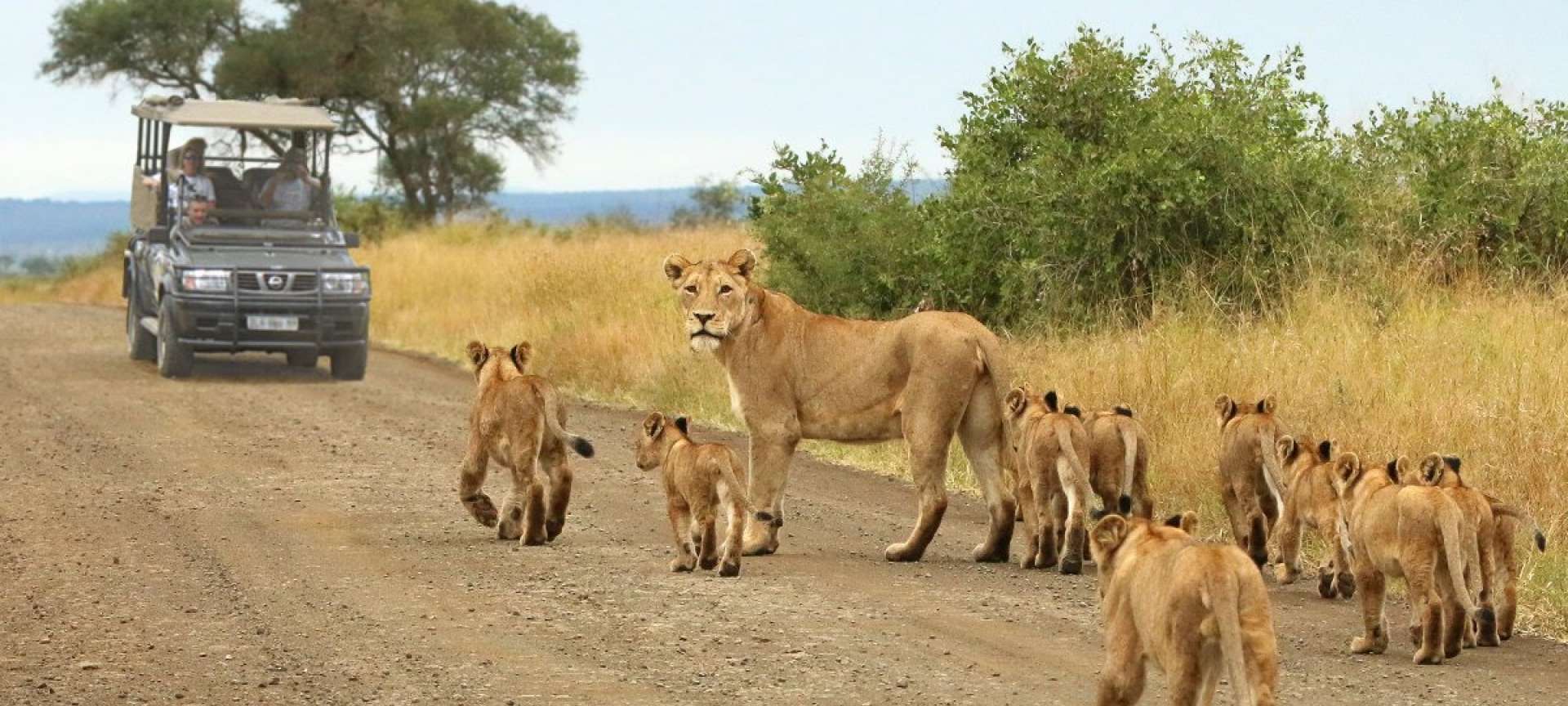


 Blog List
Blog List

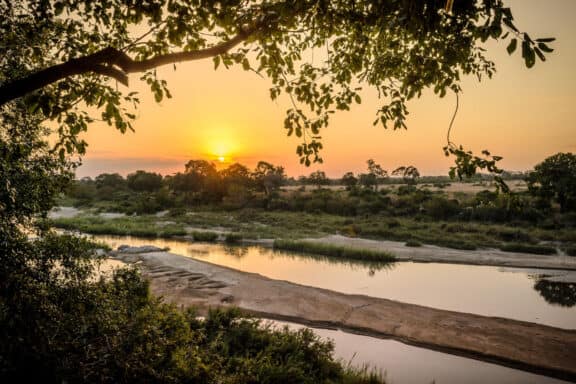
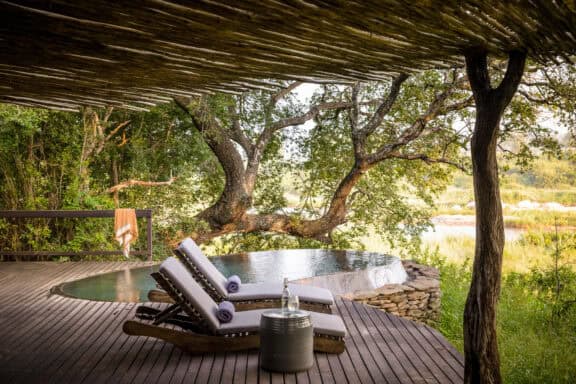
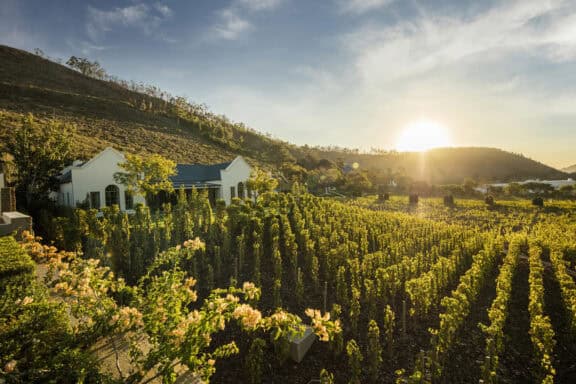
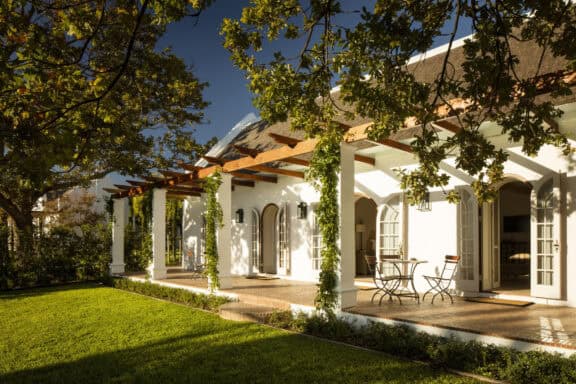

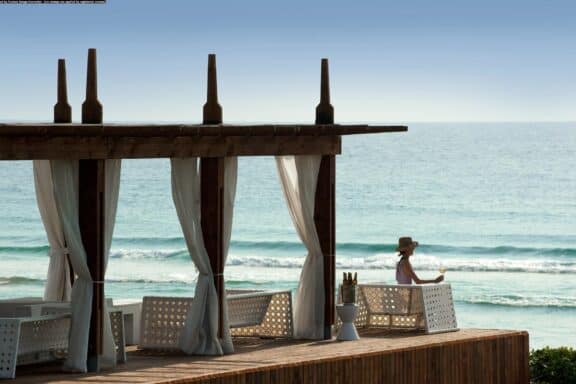
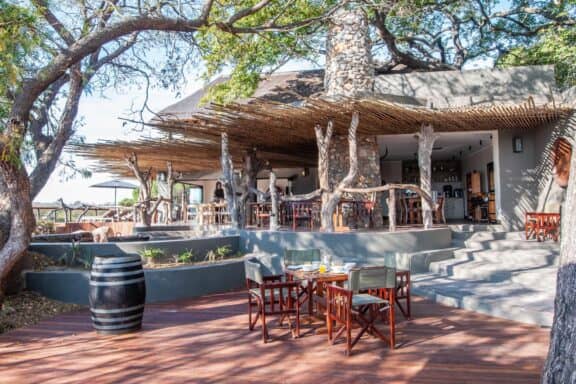
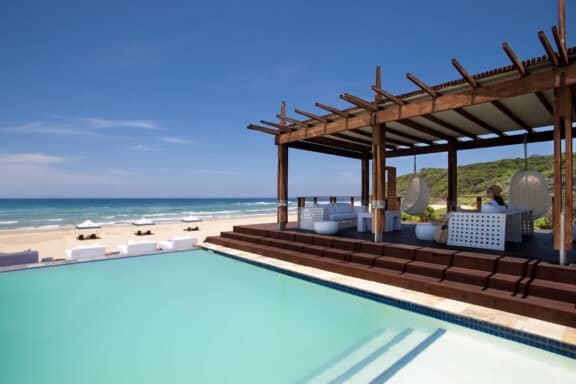
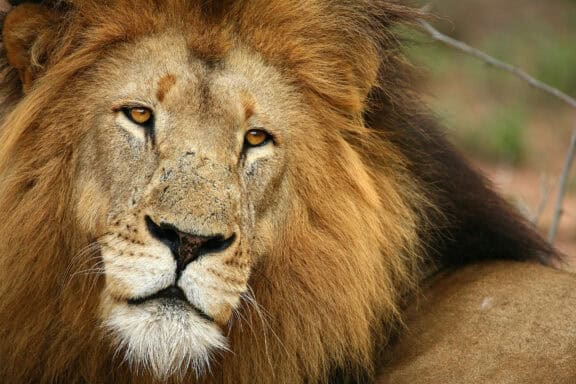
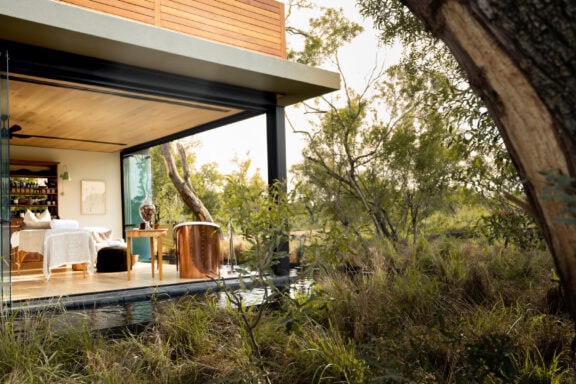
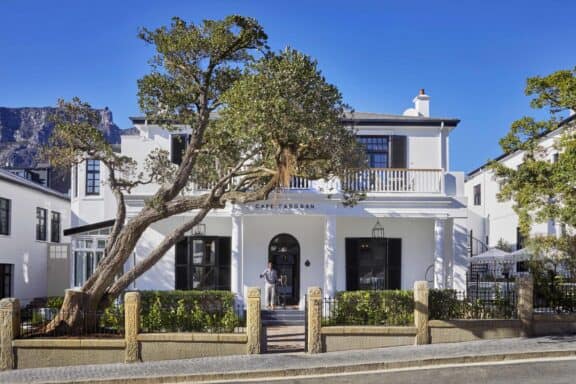

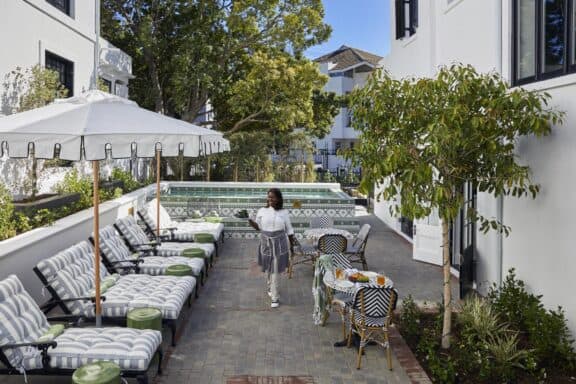






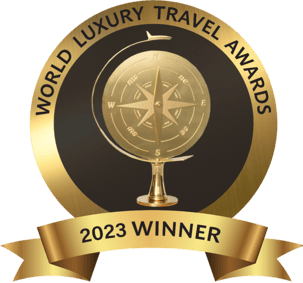
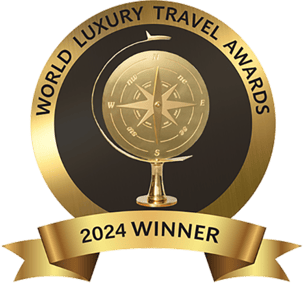
Written by Tiffany Bowers
• Travel Writer
Verified by Megan Warrington
• Africa Safari Expert
Part of the Kruger National Park Safari Collection